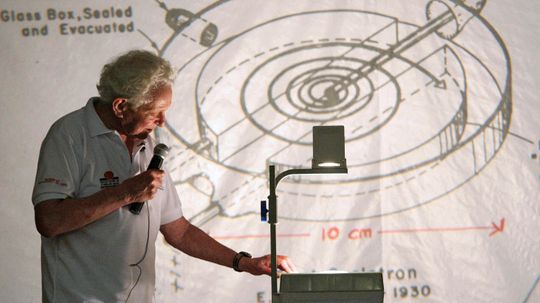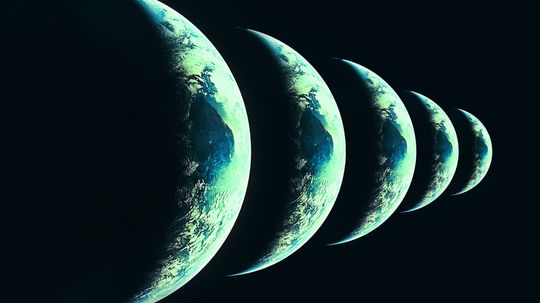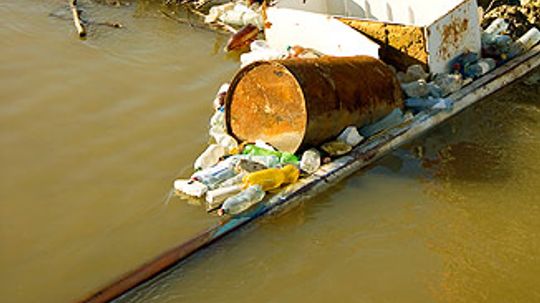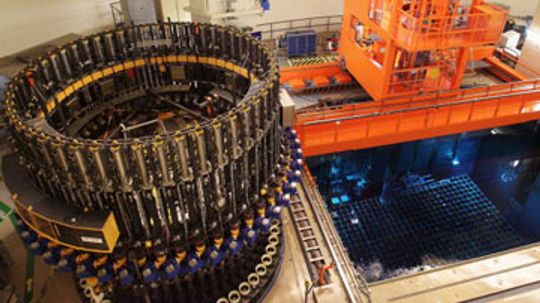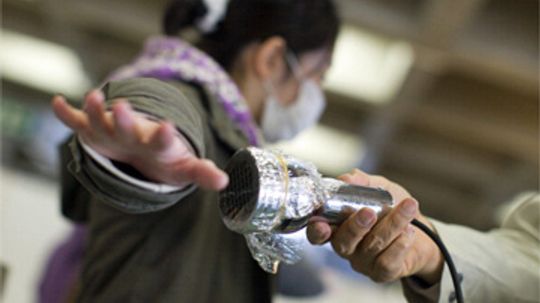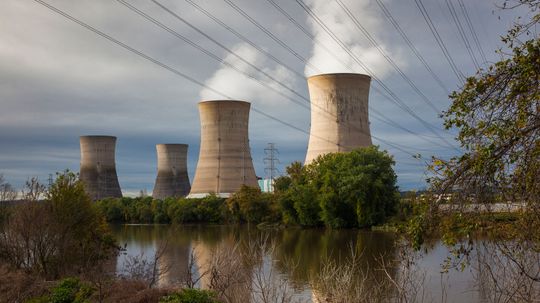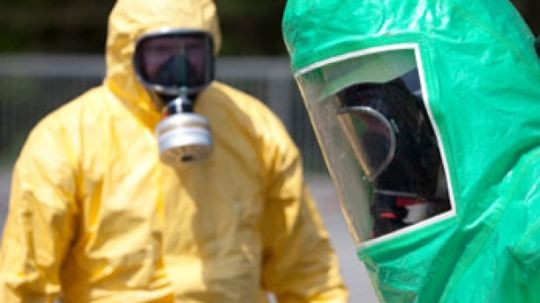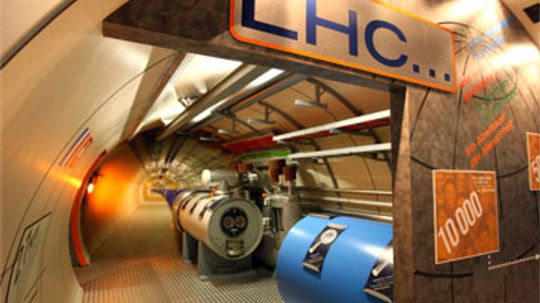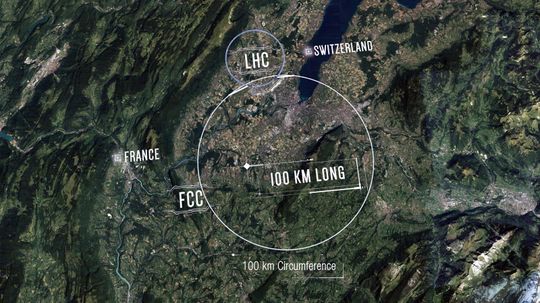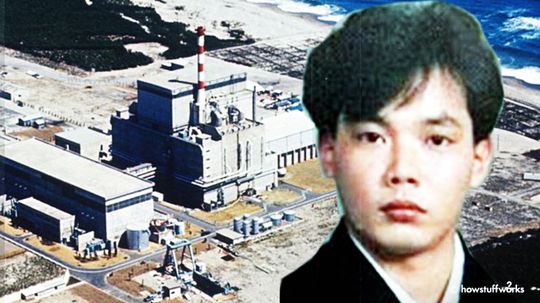Nuclear Science
Nuclear science is the study of sub-atomic particles and their application in various disciplines. Here you can learn about nuclear power plants, atomic theory and radiation.

Brown Noise vs. White Noise: Which Is Best for Quality Sleep?

Can a sound wave kill you?

Can two cans and a string really be used to talk over a distance?

7 Types of Alcohol for Drinking, Cleaning and More

Understanding the Empirical Formula in Chemistry
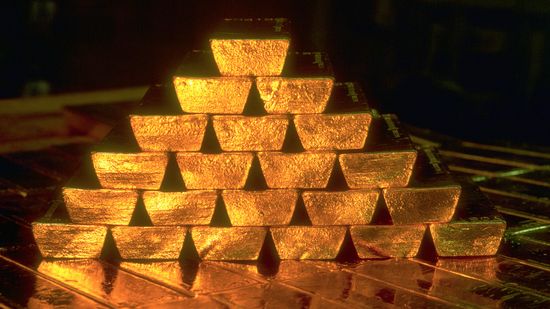
The Most Expensive Metal in the World Isn't Gold or Platinum

How Electricity Works
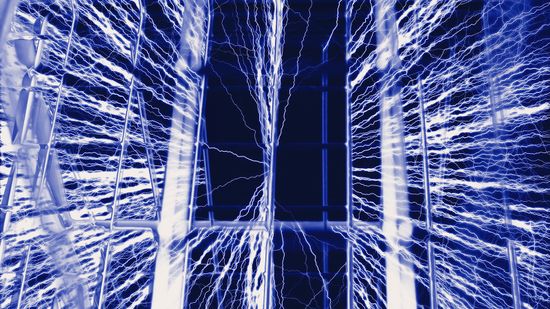
How Faraday Cages Work

How Gasoline Works
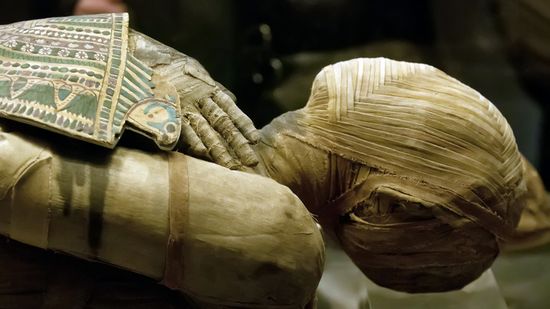
What Does Mummification Have to Do With Gene Hackman?
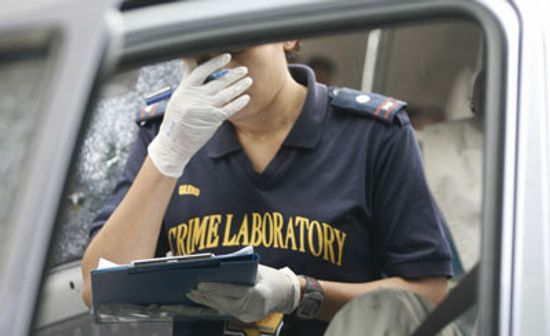
What do bugs have to do with forensic science?

5 Things You Didn't Know About Autopsies
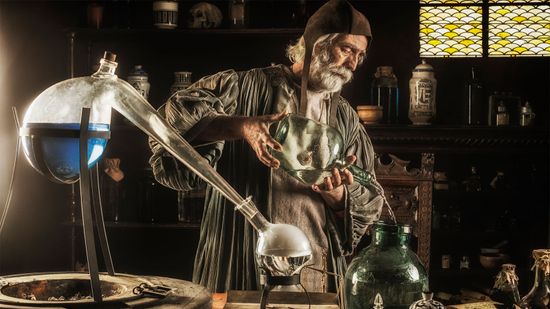
How Alchemy Paved the Way for Chemistry
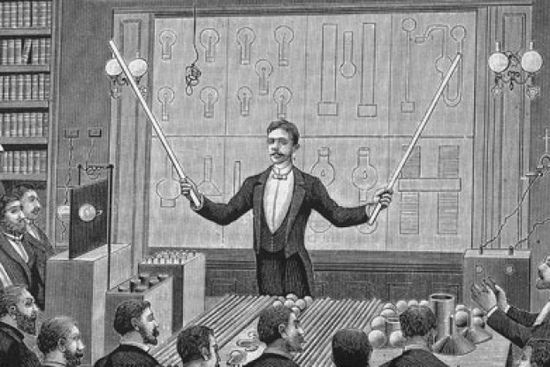
How did Nikola Tesla change the way we use energy?
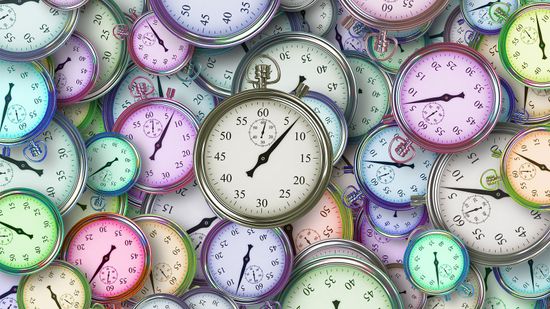
Time May Not Exist, Say Some Physicists and Philosophers
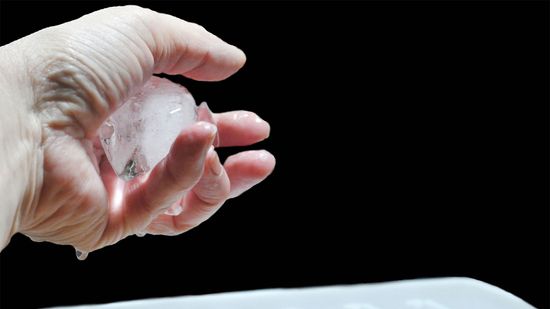
Why Does Ice Stick to Your Fingers?
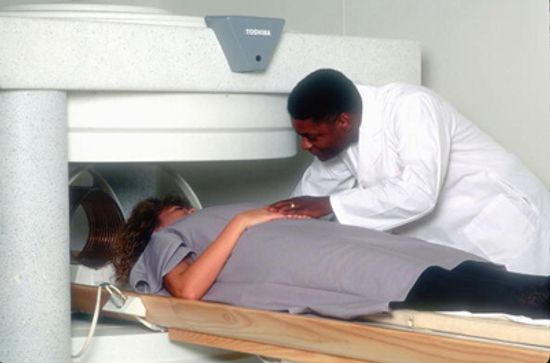
What if I forgot to remove a piercing before an MRI?
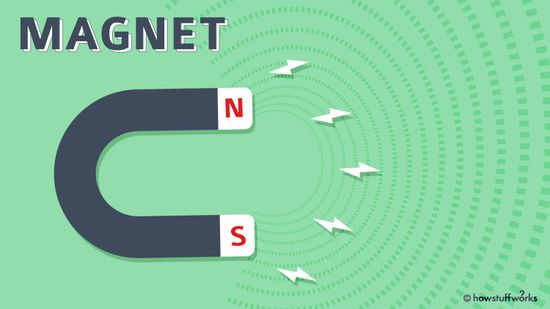
A Kid-friendly Introduction to Magnets and Magnetism

What's the Hardest Math Problem in the World? Try These 9

8 Types of Data That Inform Insights and Relationships
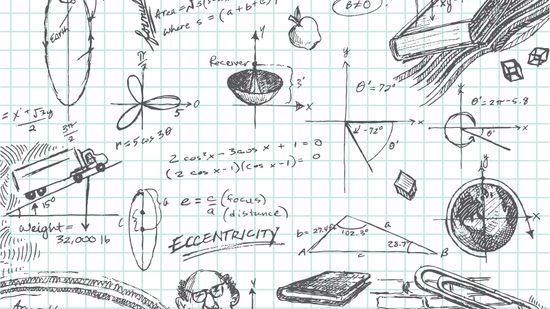
Congruent Angles: Definition, Symbol and Key Theorems

Tonnes vs. Tons: Metric vs. Imperial Measurements Strike Again

The Most Expensive Liquid Is 26,000x the Price of Human Blood

5 Hugely Fun Facts About Mass (Not Weight)

Why Are School Buses Yellow?

HowStuffWorks: How To Draw An Impossible Shape
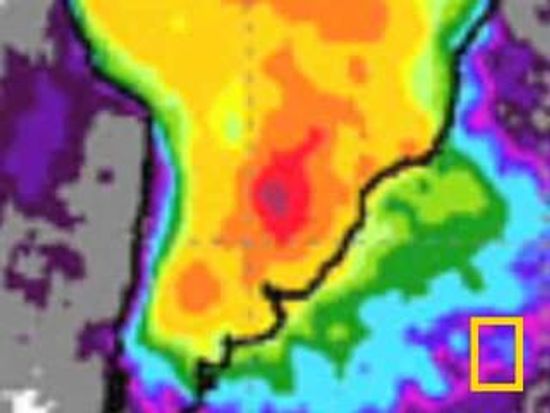
What Are the Colors in the Visible Spectrum?
Learn More / Page 2
Of all the superheroes we have in the universe, supersymmetry might be the one that will save us from total annihilation. Not because it fights bad guys, but because it just might explain how the tiniest parts of the cosmos work.
In 1957, Hugh Everett first wrote about the multiverse - different realms where every choice spawns a separate universe in which another version of ourselves does something different. It sounds crazy, but here are some reasons it might be true.
Nuclear waste epitomizes the double-edged sword of modern technology. It's a toxic and radioactive byproduct of nuclear medicine, nuclear weapons manufacturing and nuclear power plants.
Advertisement
Over the years, nuclear reactors have been viewed as both a miracle and a menace. How does a nuclear reactor do its job? And what happens when something goes wrong?
It's lunchtime, and you've spastically spilled soda all over your desk. Chances are you could tackle that mess faster than we could say "Mr. Clean." What do you do though when the spill is radioactive?
Nuclear meltdowns can be scary, but it's important to understand what causes them. Learn about how nuclear meltdowns work.
By Robert Lamb & Desiree Bowie
We're all exposed to tiny levels of radiation, but a blast of it can leave you in agony - that is, if it doesn't kill you outright. What is it, what causes it and how can we treat it?
Advertisement
Who wants to reduce our complicated universe down to its simplest building blocks? A bunch of particle physicists, that's who. Why is the Higgs boson critical to that goal?
The International Thermonuclear Experimental Reactor plant aims to demonstrate that nuclear fusion could be a viable source of power in the future.
The proposed collider would dwarf the existing Large Hadron Collider. But is the $22 billion price tag worth it?
In 1999, Hisashi Ouchi, a Japanese nuclear fuel plant worker was exposed to critical levels of radiation. He suffered the worst radiation burns in history. He lived for 83 agonizing days afterward as his body all but disintegrated.
